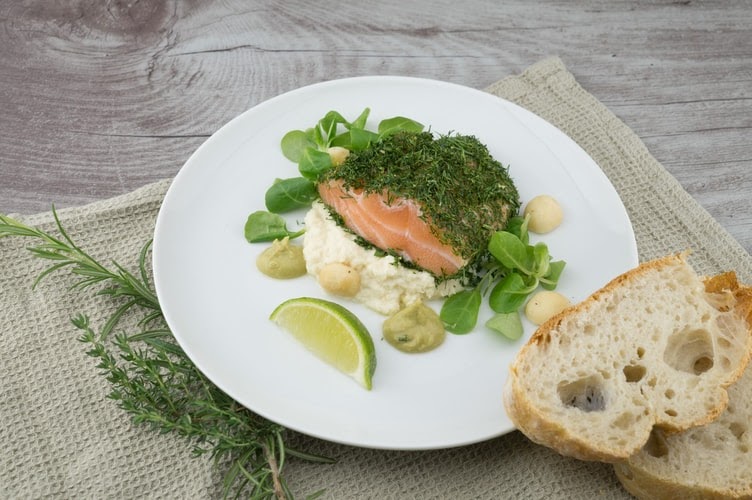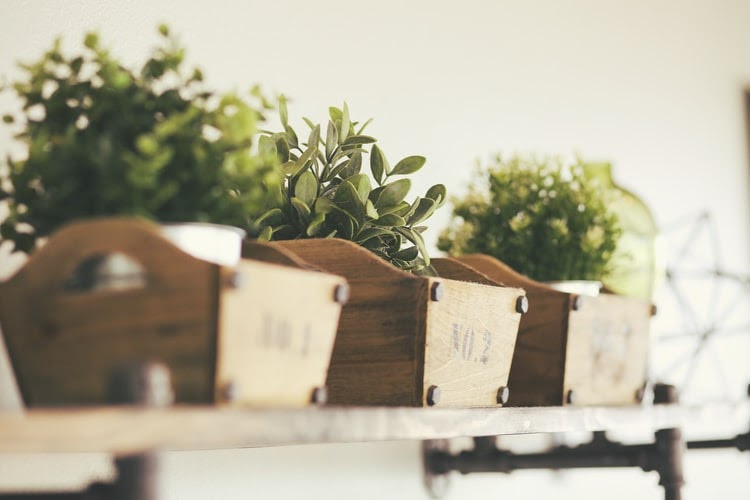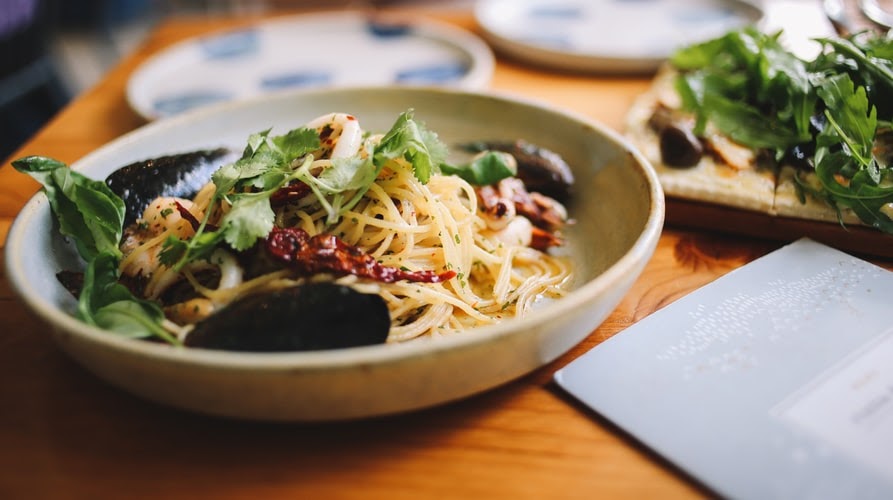
Gardening is one way to spend your weekend leisure. Apart from it adds up to your house’s aesthetics, you can also plant herbs that will add flavour to your dishes. Growing herbs are easy but some may need specific care to grow. If you are planning to decorate your kitchen with fresh herbs while you happily pick them while you cook your pasta, then here are the tricks and tips in keeping your herbs thriving.
Tips on Growing Herbs
Basil
Basil is grown in a pot, ideally. It needs an ample amount of heat and sun to thrive beautifully. Also, it is essential to move your pot around where the sun hits perfectly. Heat is important in increasing the flavor of our Basil. Additionally, if your Basil acquires enough heat, it can scent your kitchen or space sending a Mediterranean summer aroma. Basil needs no watering every day, every other day is the ideal feeding for this yummy herb.
The ideal time to plant basil is during summer. It needs dry weather to grow healthily. Thus, avoid planting your basil during cool weather or damp summer times. If your outdoor basil is slowly diminishing due to moist or cool wind, bring it to your kitchen near a window sill. Also, it might thrive with the additional heat your kitchen provides. Lastly, keep in a few inches away from other plants for better air circulation and prevent mildew.

Thyme
Thyme is another herb ideal to grow in pots. Shallow dishes and troughs are the best options due to their efficient water draining system. Just add some sand and other horticultural grit to the soil to boost nutrients and promote better growth. After pruning your thyme, it is best to water it well to trigger fresh new growth. Then, most of the days, just water your thyme once a week.
Thyme is a ground-cover plant that releases an admirable scent just like basil. You can place your thyme around a fruit tree to increase growing space. Also, you need to suppress the weeds to keep the moisture in the soil.
The best time to plant thyme is after the cold passes. Prune them during summer after they flower. It will prevent them from getting too hard and woody. Also, it is not ideal for thyme to sit in water for long because it will tend to rot. Thus, free-draining compost is helpful in keeping the soil in the right amount of moisture.

Dill
Dill is great visual entertainment in your herb garden, apart from its ability to add flavor to your dishes. It is good for dill to grow along with lettuces so it cast dappled shade. Dill is best for your salmon or potatoes. You can even add them to your salad bowl to elevate the palate. Growing your dill will require careful handling of its roots. Its roots hate being disturbed and it is best grown in pots.
The best time to grow dill in early spring. You will need to cover the surface of the soil with fleece to promote growth. If your dill reaches 15cm in height, pick it and add some more seeds for a continuous supply.
However, dill’s most common problems are molds and damp soil. Thus, it needs some sharp sand, a sunny spot, and a staggering watering routine. Lastly, it is best to plant it a few inches away from other plants to promote efficient air circulation.

There are many advantages when you grow herbs. It will elevate your daily meals and add extra aroma to your surroundings. Also, herbs are healthy ingredients and can help you gain better health. Thus, splatter your garden with these herbs and enjoy your aromatic space and savory dishes.


